[update] Using new Integer(int) is guaranteed to always result in a new object whereas Integer.valueOf(int) allows caching of values to be done by the compiler, class library, or JVM.
To explain I have written below code and used javap tool, command to generate below code I used javap -c <Classname> which gives you byte code.
Integer x = new Integer(0), y;
y=x;
x+=0;
System.out.println(x==y); // prints false

If you will see in the above code it creates new object with dynamic memory allocator which is new. Now in second case as below:
Integer x = 0, y;
y=x;
x+=0;
System.out.println(x==y); // prints true

As said by Peter it uses valueOf method which means it is comparing same object at run time so it will return true with object comparison operator (==). But in first case it was creating new object which is conspicuous in below debugging snapshot:

I hope this helps. :)
By the way Kevin Esche answer also adds to the question. Because it is basically referencing to cached object, try to relate it in case of String. If you are using new String("some_string") it will create new object else if available it will use from string pool. And remember you are using wrapper classes not primitive.


